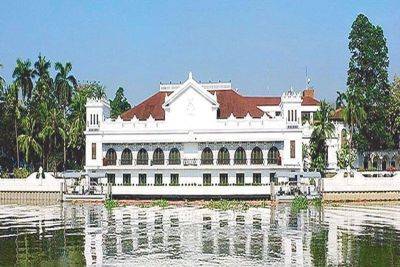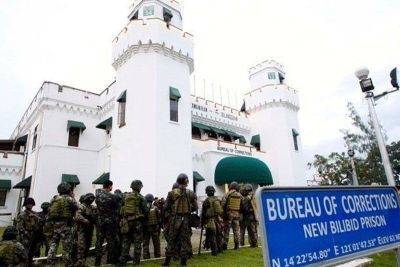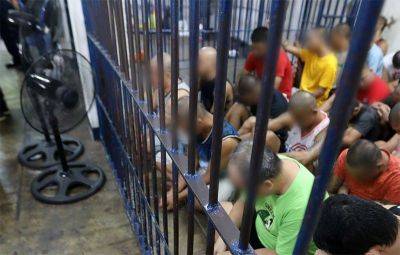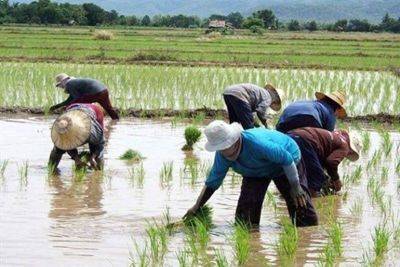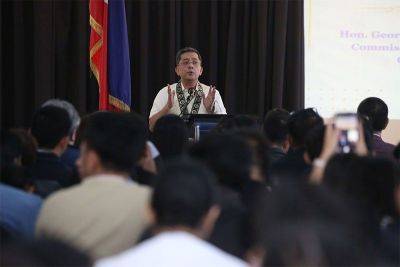DoJ: Seasonal workers may be sent abroad subject to DMW rules
LOCAL government units (LGUs) can send seasonal workers to other countries under sisterhood agreements, but their deployment is still covered by the rules set by the Department of Migrant Workers (DMW), according to a legal opinion issued by the Department of Justice (DoJ).
«While LGUs may be the primary actor when it comes to sisterhood agreements, we believe that national government agencies altogether play a very significant role in the protection and promotion of the welfare of the workers covered under the program,» the DoJ said.
It was also noted that the Constitution or any law does not expressly grant the local governments the authority to enter into such sisterhood agreements.
«At the same time, there exists no legal prohibition for [local governments] to enter into said agreements,» the DoJ said in the legal opinion signed by Undersecretary Raul Vasquez.
Section 35 of Republic Act (RA) 7160, also known as the «Local Government Code of 1991,» grants «LGUs the authority to enter into joint ventures with people's and non-governmental organizations to engage in the delivery of certain basic services, including livelihood projects.»
However, the DoJ said that under RA 8042 or the «Migrant Workers and Overseas Filipinos Act» of 1995, as amended by RA 10022, it is the DMW that has jurisdiction over the deployment of Filipino workers for employment abroad.
The legal opinion dated February 8 was issued in response to concerns raised by the Presidential Management Staff regarding sisterhood agreements with South Korean cities involving the deployment of seasonal workers in agriculture and fisheries.
According to the DoJ, «several problems have surfaced involving the deployed Filipino workers, such as non-payment or reduction of their agreed wages; bad working conditions; maltreatment; and physical and verbal abuse by their employers, which even led to death in some cases.»
To address such problems, the DMW has proposed the execution of a joint circular with the DoJ, Department of Foreign Affairs, Department of the Interior and Local Government, Department of Agriculture, and Bureau of Immigration.
The joint circular is expected to lay down the guidelines on the


